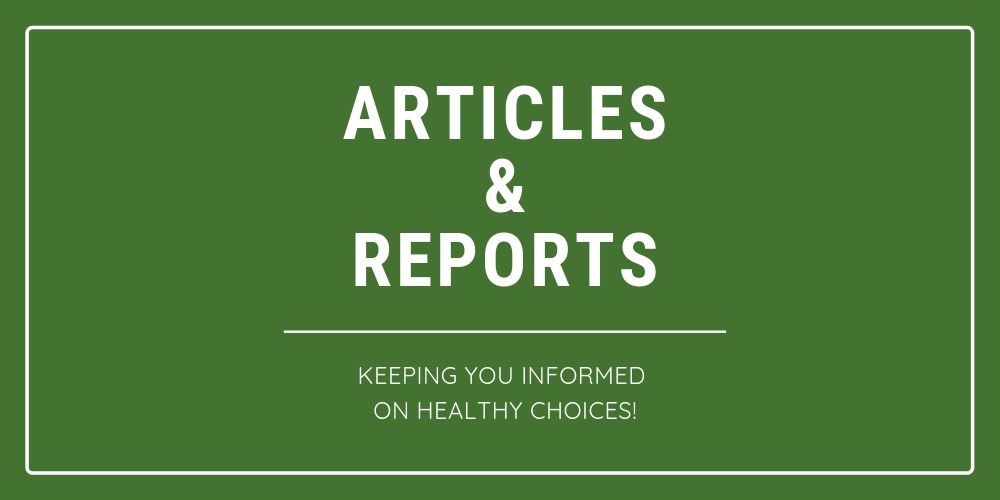Dr. Henry Cheng
“Mouse Arm” is a newly coined term designating a group of musculo-skeletal problems of the forearm and hand resulting from computer use. Excessive and repetitive typing, clicking the “mouse”, and abnormal posture all result in tendon and ligament strains. The resulting muscle spasm may affect nerve conduction and sensations giving rise to more pains. Computers have revolutionized all walks of life. It is estimated that two-thirds of employees in the city uses a computer on a daily basis. This includes those who work at the cash register, punching and scanning for a few hours a day. I guarantee at least 10% of my readers have some form of the conditions that I am going to describe.
The most common problem with repetitive keyboard use is tendonitis of the extensor tendons of the fingers. This is manifested by swelling, redness, and pain of the dorsum of the hand extending up the forearm. Many a time the flexors may also be affected because the extensors and flexors are synergistic groups of muscles meaning when the extensors work, the flexors have to tone up too. Anti-inflammatory agents like ibuprofen can control the pain but they are only symptomatic. Homeopathic medicine helps to accelerate the body’s own healing process. Arnica, Ruta Graveolens, and Symphytum heal the injured ligaments and tendons. Cuprum Metallicum helps to relieve the muscle spasm. Rhus Toxicodendron helps the rheumatism aspect of the long standing injury. All these can be found in the “Sprain Complex”.
When you work on the computer, your neck and shoulder muscles need to tense up to maintain a suitable position for your arms and hands. This chronic effort may give rise to myofascitiis of the neck and shoulder. Repetitive hitting of the space bar with the right thumb may cause De Quervain Syndrome which is inflammation of the tendon sheath of the thumb extensor tendon. The tendon sheath thickens so it squeezes onto the tendon inside, restricting the motion of the tendon and causing swelling and pain around the snuff box of the wrist. The “Sprain Complex” can be used for the tendon pathology in De Quervain Syndrome but the addition of Apis Mellifica may help to decrease the oedema of the tendon sheath and relieve the restricted movement.
In carpal tunnel syndrome which affects the palm side of the wrist, there is an addition problem. Going through the narrow “carpal tunnel” are not just tendons and tendon sheathes. There are nerves. When the tendon and tendon sheaths are inflamed they swell up and push the nerves onto the bony wall. When the nerves are affected there will be numbness, tingling sensations, needles and pins, and loss of sensation in the thumb and fingers. To treat this condition, another homeopathic mixture for the nerves is required. “Peripheral Nerve Mix” contains Hypericum, Causticum, Magesia Phosphorica, and Tellurium Metallicum all in high potencies that help to revive normal sensation and relieve pain.
Repetitive typing also gives rise to osteo-arthritis of the small joints of the fingers. Maori Miracle® is the most effective to treat this kind of arthritis. It contains GlycoMarine which contains 9 different mucopolysaccharides (glycosaminoglycans) that helps to lubricate the joint and repair lost cartilage. It also contains Kaola II which is a cartilage collagen that reinforces the action of the GlycoMarine. It also contains Myristin which is an immune moderating agent and White Willow Bark that is a time honoured anti-inflammatory herb.
Poor posture at the computer every day gives rise to degenerative arthritis of the neck and back. Timely periodic breaks during a computer session and proper wrist support cut down the risk of developing all the above conditions. Regular massage of the tendons and joints with a homeopathic ointment called “Zeel Compositum Ointment” can prevent and treat all these conditions. Stretching for the tendons and muscles after computer use will also prevent these diseases. Appropriate ergonomics of the work station, proper posture, and keyboard supports are other considerations to prevent “Mouse Arm”.
Henry Cheng is a medical graduate of the University of London, England and is now Natural Products Consultant at Pharmasave Downtown Cloverdale.




